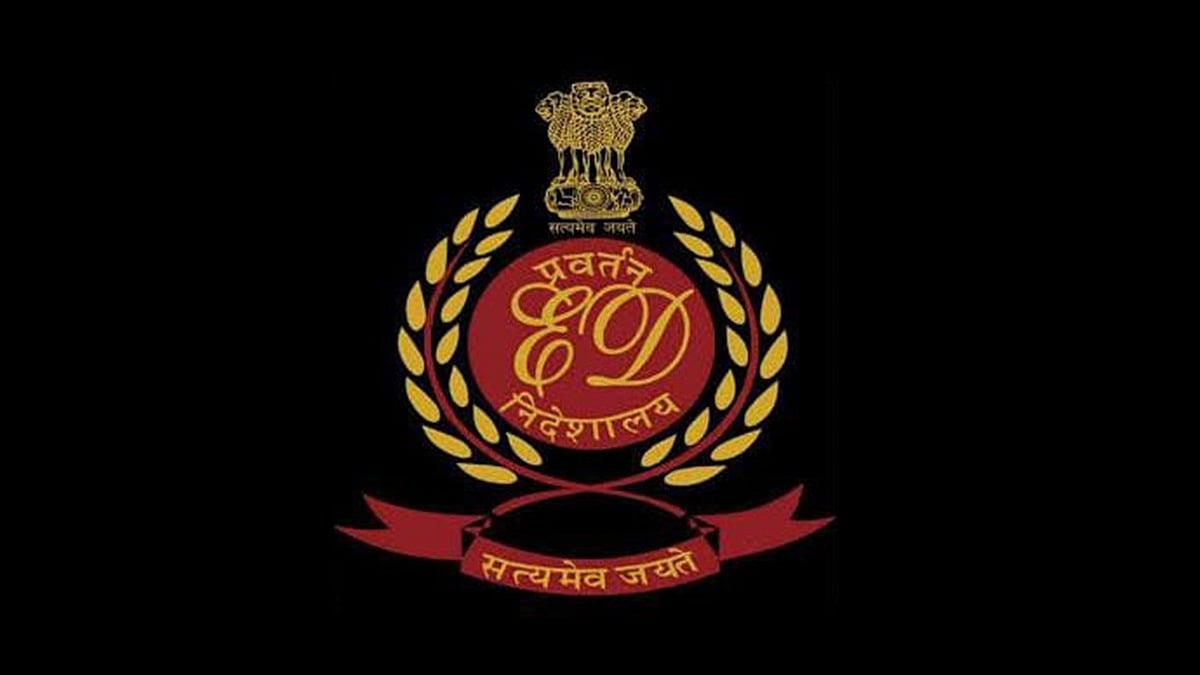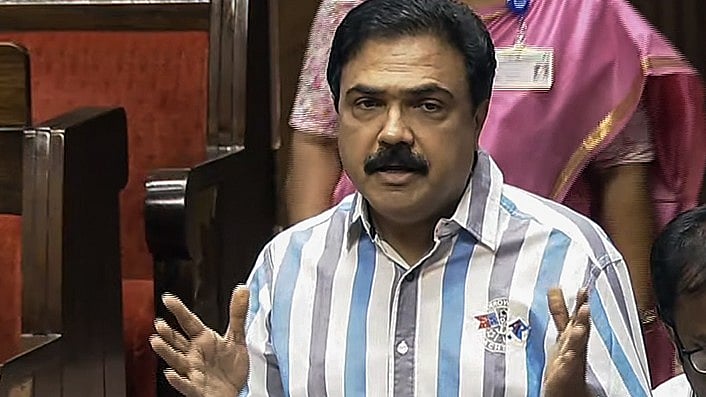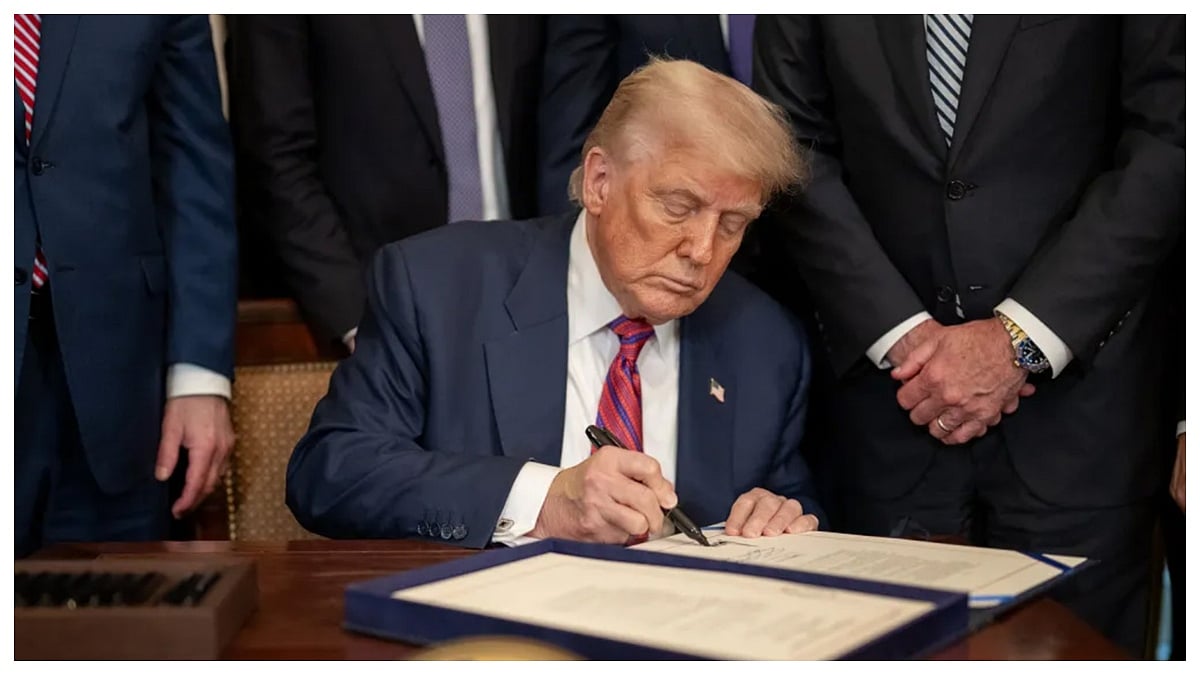Professor Sankarshan Basu has been an Independent Director on several boards and a member of several advisory committees. Recently, Basu — a professor of quantitative finance and risk management at IIM Bangalore — was inducted into the board of Federal Bank as an Independent Director. In the past, Basu has been a Board Member of The Clearing Corporation of India Limited, Bilcare Limited, BgSE Properties and Securities Limited and Bangalore Stock Exchange Limited.
In the latest edition of ‘Grow with Governance’, Basu talks to Free Press Journal’s Jescilia K and MentorMyBoard’s Divya M, about his board journey and the challenges faced by governance in the country.
Edited Excerpts:
Tell us about your board journey?
The first board that I was appointed on was the Bangalore Stock Exchange (which was still a stock exchange in 2012). I joined as Public Interest Directors (PID) (also referred to as Independent Directors), appointed by the regulator SEBI.
It was a turning point in the history of the stock exchange due to various regulations introduced by the regulator. I joined the board in December 2012. It was around the same time SEBI came out with norms like daily turnover, net worth, etc. Most regional exchanges had to shut down as they could not meet SEBI norms, while few continue to exist.
Shutting an exchange was a herculean task as one cannot just decide to close it down and walk away. There are multiple stakeholders involved, taxation issues and legal issues that need to be addressed. Being on the board at that time was quite an experience. Not many will have such an experience of overseeing such an activity.
The next board journey was as a Board Member of Clearing Corporation of India Limited (CCIL). At that time, CCIL was one of the few entities in this area. I was on that board for seven years.
My next stint was with Bilcare Limited. It taught me what not be done. I left the board within a year mainly because there was a lack of some processes.
Can you share your experience being a Board Member of a family-run business?
I have only one experience of being on a board of a family-run business or family-dominated business and that is Bilcare Limited.
I was on that board at the time corporate governance was an evolving field. Ten years back, people did not bother much about governance.
Based on that one experience, I can say that governance in a family-run business is lower and weaker compared to a professional-managed business.
How does risk management become critical in the banking sector at the board level?
At the board level, you do not see every single transaction and it is impossible to do so. But what you can and should do is getting the board to set up the right process. It is fundamental. That alone will not suffice. However, it is a very important condition.
The second thing here will be about asking the right questions. It may not be a preferred question, but a tough question. There will be failures or at times, breaches as well. But the question, in this case, will be why this happened, what action was taken to address this and so on. For instance, in the PNB-Nirav Modi case, the maker-checker model was violated despite having a process. In this case, the right questions should have been asked.
At times, boards share agenda documents with Directors just a few days before the board meeting. Your view.
I am on the Risk Management Committee (RMC) of National Commodity Clearing Limited (NCCL). It uses a process which I think can be used by other organisations too. We organise a pre-RMC meet. We do this three-four days before the officially recorded meeting. Then, we get few days to think about various topics listed for the meeting and raise the relevant questions during the meeting. Such pre-meetings allow the members to differentiate between the important topics (needing discussions) and daily topics (that may not need much deliberation).
How can banks help in encouraging Environmental, Social, and Governance (ESG) among their borrowers?
I do not think banks themselves understand what ESG-compliant product or project is. There needs to be a larger understanding of the bankers themselves. It is only then can you devise such a product, go out in the market and educate the borrowers.
As a professor, how critical do you think it is to teach the importance of governance?
It is very important but we do it very late. Increasingly, it is the business schools that have started looking at Ethics and Governance as part of their curriculum. But I think this should be taught to kids when they are young.
The way financial inclusion is included in the school curriculum, Ethics and Governance can be included in some way. Ten weeks of training in B-School on this topic will help a few change their perspective. But to have a larger impact it has to be inculcated at the school level which is the formation years.
What are the challenges faced by governance?
Today, it is facing the challenge of accountability. There is inequality. While for some organisations there is a very high level of accountability, there are some that do not have to follow the same level of accountability.
Making someone accountable and not giving them the authority to do anything does not make any sense -- is another challenge.
Do you have any favourite book on Governance?
There is this latest book that teaches you how governance should and should not be. That book is 'The Anarchy' by William Dalrymple.








